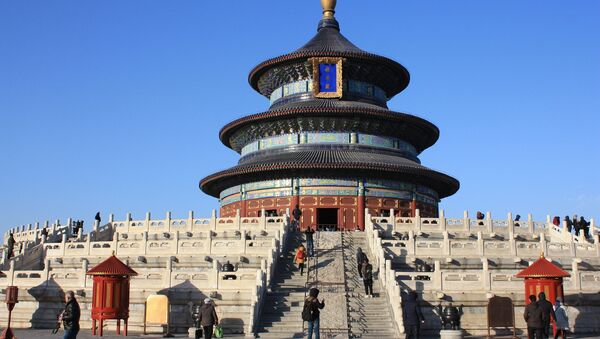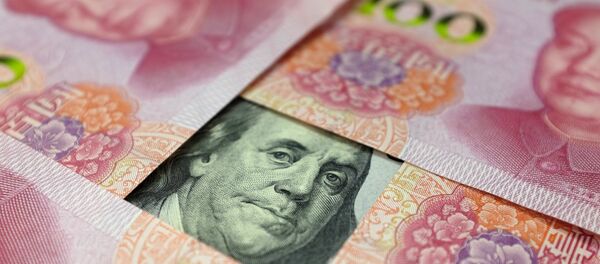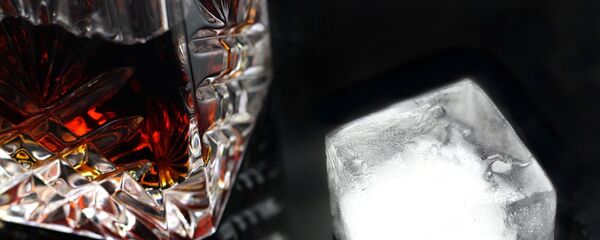A Chinese student studying in the U.S. named Jin Qi said that these brands have really devoted their energy to attracting Chinese consumers. In recent years, more big brands have been releasing Chinese-style products, such as the Giorgio Armani Chinese New Year Highlighting Palette and the La Mer Moisturizing Cream specially tailored for Chinese online stores.
According to statistics from Tmall, Alibaba's e-commerce platform, 30% of Chinese customers who purchase skin care products are frequent users of The Essence, and 60% consider moisturizing as a top priority.
As a result, the online store of La Mer on Tmall released a series of products specially tailored for young customers on a promotion day to not only promote the sales of individual products, but also improve the online store.
With a per capita GDP exceeding $8,000, China's purchasing power has increased, and customization is one of the characteristics of Chinese consumption, said Chen Lifen, a research fellow with the Department of Circulation Industry Development under China's Ministry of Commerce.
In addition, China is the world's second-largest consumer only after the U.S., Chen added. Foreign brands hope to achieve better performance through China's large consumption power.
Apart from customized products, many brands have tailored specific marketing methods for the Chinese market. On July 4, 2016, Macy's broadcasted its US Independence Day parade and fireworks on Tmall. Two months later, the department store live broadcasted a fashion show hosted by Coco Lee on the Chinese e-commerce platform.
"China is on top of the world in terms of both e-commerce and online-offline integration," said Stephane Rinderknech, CEO of L'Oreal China.
"Consumers, especially those in China, have brought subversive changes for us, and the merchants must keep pace with them," he added.
This article was originally published on Huanqiu by The Global Times.





